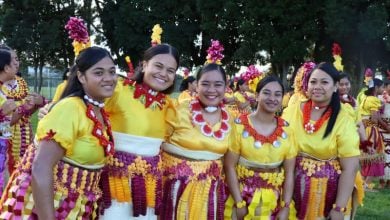
Primary and area school principals have voted in favour of a work ban effective from Monday 24 April – the first day of Term 2 – unless their ongoing concerns are addressed by the government.
The work ban will pause all work that principals usually do with the Ministry. This includes introducing or implementing Ministry initiatives such as the Curriculum Refresh and collecting or collating data for the Ministry. The ban will also cover any overtime apart from board meetings. It will not include liaising with Ministry of Education Learning Support staff who support specific students, property managers and staff, and the rollout of the Aotearoa New Zealand histories curriculum.
Read the Term 1 edition of School News HERE.
The motion was put to vote before Easter and confirmed on Thursday April 6.
“The Government hasn’t listened to us, so we are taking action,” said lead primary principals negotiator, Lynda Stuart.
“The world of school leadership simply isn’t sustainable and what we are seeking is greater support to help us do that work. We need the long-standing issues around pay disparity to be addressed to ensure we can attract great leaders into our schools.”
Negotiations for a new collective agreement for primary and area school principals have been ongoing for almost a year, with a second offer rejected in February. The principals’ work ban adds to the growing list of industrial action being taken by the education workforce. In the second week of Term 2, secondary teachers will send respective year levels home on respective days. The next week, the, third week of term, they will implement rolling strikes by region. Secondary school teachers will also continue their ban on internal relief cover, and pause meetings outside of school hours.
Anna Welanyk, an education workforce leader at the Ministry of Education, said that the Ministry will continue their negotiations in good faith.
“We believe the best way to achieve a settlement is by bargaining around the table and that further disruption to our learners, their families and communities should be avoided if at all possible,” said Welanyk.









